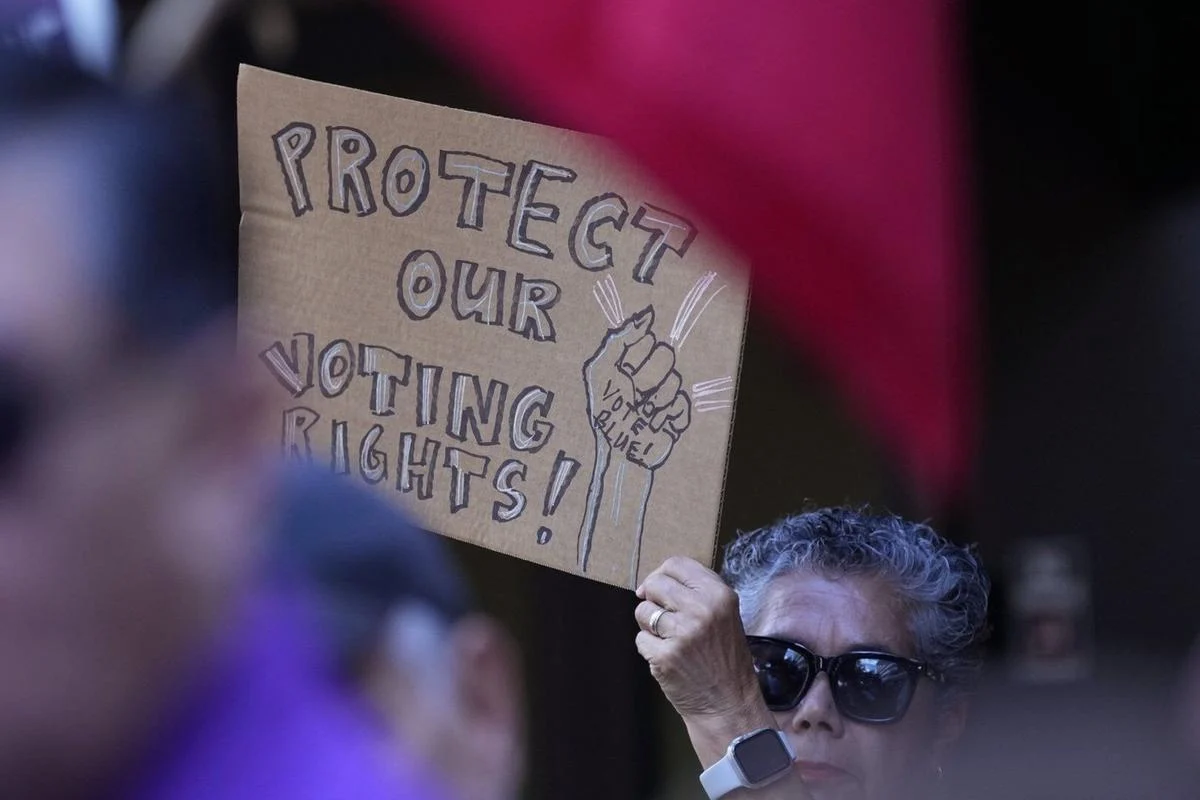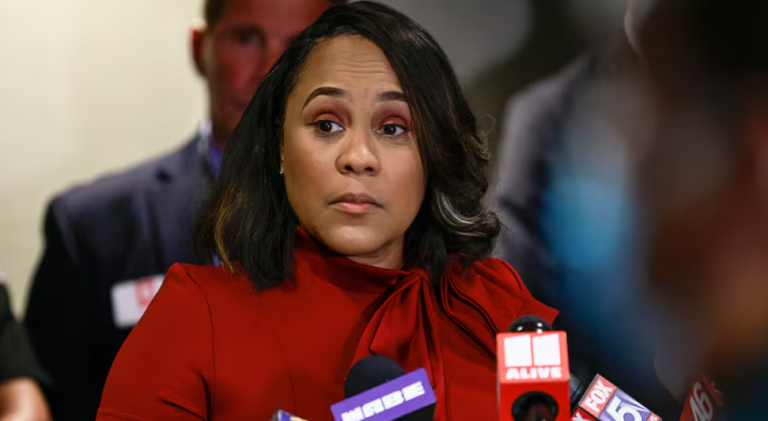Texas Elections Investigation: Officials Arrested in Alleged Vote Harvesting Scheme
In a dramatic turn of events, Texas Attorney General Ken Paxton revealed that six people, five of whom are government officials, were arrested over what his office terms a “vote harvesting scheme” in Frio County. The revelation is just the latest chapter in Paxton’s ongoing efforts to reveal what he terms election fraud across the state.
Among those arrested are Rochelle Camacho, a judge in Frio County; a retired county elections administrator; two city council members of Pearsall; one school trustee; and a fourth person whose name has not yet been made public. Five were taken into custody May 2. Camacho has not yet been booked but will be shortly, said a spokesman for Paxton’s office.
This is concerning about protecting the democratic process,” Paxton told Breitbart Texas in a stern statement. “Texans are deserving of free elections, not corrupt ones. Any government official who thinks they can scheme their way to staying in office is misguided. Nobody’s above the law.”
What Is Vote Harvesting, and Why Is It Controversial
The term “vote harvesting” might sound jargon-like, but it is at the center of an expanding political tempest. It essentially means gathering and casting other voters’ completed mail ballots. Legal under federal law and routine in most states – Texas has gone the hardline route with stricter restrictions.
Offering or soliciting vote harvesting services for something of value is a third-degree felony in Texas Senate Bill 1 of 2021. It was established by the lawmakers following far-reaching contentious accusations of widespread voter fraud but accusations based largely on unsubstantiated reports. The bill also carries exemptions in circumstances of voters who have caretakers to assist handicapped or elderly voters but in an extreme penalty regime: a fine of $10,000 and a 10-year jail term.
What Are the Charges?
According to documents KSAT acquired, officials charged with a crime are said to have knowingly engaged in or solicited vote harvesting, if for compensation. The former county elections administrator is also charged with tampering with evidence.
The timeline of the action still unfolds, but something certain is that this is a serious escalation in the fight of Texas for election integrity. The action has been embraced by some as much-needed oversight. Others have considered it political.
The alleged vote harvesting was also allegedly targeted against disabled and elderly voters groups most vulnerable to manipulation or coercion. Local District Attorney Audrey Gossett Louis underscored in her statement that any violation of the rights of these groups will be dealt with “zero tolerance.”
Local Reactions: Silence and Skepticism
The City of Pearsall, to which officials owe some of the accused their service, has issued a very brief statement of having knowledge about the charges. Otherwise, the officials would not comment on it due to the sensitivity of cases pending before the courts.
Words from Camacho’s office and school board trustee Adriann Ramirez have so far fallen on deaf ears.
While the public waits for more information, opinions are divided. Republicans and some of their base defend Paxton as a protector of democracy. There are others, though, wondering about the timing and scope of the investigation.
The Bigger Picture: Senate Bill 1 and Its Impact
Senate Bill 1 has been controversial legislation since its first day. While it includes provisions arguably broadening the right to vote such as expanded early voting hours in Republican rural precincts – it also extensively reduces practices often used in larger, Democratic, urban counties like Harris County.
The bill bans all-night voting and drive-thru voting, both of which were uniquely cool during the 2020 election and used frequently by voters of color.
They argue the bill is designed to prevent people from voting, not to preserve democracy. Gilberto Hinojosa, who was once the chairman of the Texas Democratic Party, has described investigations under SB 1 as political and aimed at disproportionately Latino areas and Democratic strongholds like the Rio Grande Valley.
An Ongoing Legal Battle
It should be noted that the implementation of Senate Bill 1 has not been entirely without opposition. In September, a federal judge prevented the state from enforcing certain provisions of the law, on constitutional grounds. Paxton’s office appealed the ruling, essentially allowing the state to continue pushing ahead with its investigations in the meantime.
That is, the constitutional landscape of election law and voting rights in Texas is still unresolved and politically explosive.
Why Frio County?
Frio County, south of San Antonio, is not one of the more populous areas of Texas, with a mere 18,000 residents. Yet it has been at the forefront of the state’s broader battle over election integrity.
Interestingly, despite being a fairly small county, Frio County in recent elections has been trending Republican. That being said, concentrating these investigations in Democratic strongholds is puzzling.
The decision to indict officials – many of whom are Latino is reviving allegations of racial and political bias in enforcing election law.
What’s Next
So far, the defendants await further court action, and the public awaits news of the scope of the charges and the evidence behind them. The outcome has far-reaching implications not merely for the defendants as individuals, but for the enforcement of election laws across all of Texas.
For Attorney General Ken Paxton, the suit is merely the latest chapter in his years-long effort to close down what he perceives as ballot box tampering. But whether or not Frio County arrests constitute a tipping point or merely another flashpoint in Texas’ never-ending election wars remains to be found.





